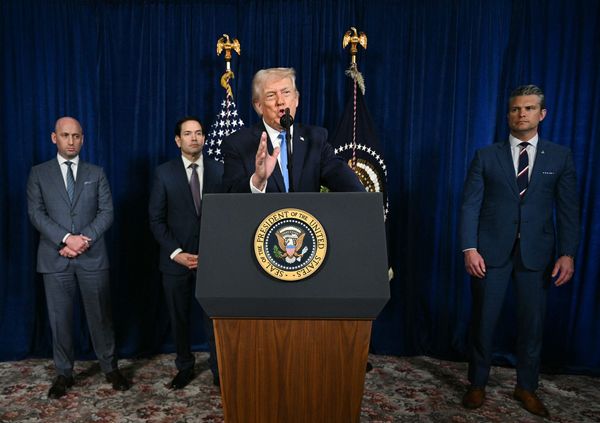
Civil servants in three Whitehall departments will take “sustained” strike action for a month from mid-December, as the first step in an “escalating” campaign, the Public and Commercial Services union has announced.
Mark Serwotka, general secretary of the PCS, said the initial action in the Home Office, Department for Transport and the Department for Environment, Food and Rural Affairs, would involve “low thousands” of the 100,000 members who backed strike action in a recent ballot.
But he said the strikes would be tailored to cause maximum disruption across public services, including passport and border checks, driving tests and farm payments, throughout the Christmas period.
“I hope that people can travel at Christmas without disruption, but that’s down to Rishi Sunak and Jeremy Hunt,” he said, calling on ministers to put more money on the table to resolve the dispute.
Some of the staff involved will take “short bursts” of action, while others will stay off work for the entire month-long period, he said.
Civil servants represented by the PCS have been offered a 2% pay rise. Serwotka said many are claiming benefits and even resorting to food banks.
In Thursday’s autumn statement, Hunt stuck to previous spending plans for most departments, despite soaring inflation, leaving little leeway for more generous pay settlements.
Serwotka said the PCS would step up its action over the coming months unless the government acceded to its members’ demands for a 10% pay rise, a reversal of cuts to redundancy pay, and an agreement on job security. “We have a mandate here for six months of industrial action – that’s what the law allows. Our proposals are that this would be an escalating action that will start with this,” he said.
The union said it would not discuss specific dates or locations, to avoid helping the government to prepare what Serwotka called “strike-breaking” plans.
With teachers currently balloting over strike action and nurses already having backed strikes, Serwotka said there was a growing likelihood of coordinated action in the New Year across different sectors. “I think you’ll see escalation within the civil service, but you will also see escalation on a much broader basis, unless something changes,” he said.
Public sector pay is rising at an average annual rate of 2.2%, against 6.6% in the private sector, increasing the pressure on the government to find more resources to recruit and retain staff in key services.
A government spokesperson said: “We regret this decision. We greatly value the work of civil servants across the country, but the PCS union’s demands would cost an unaffordable £2.4bn at a time when our focus must be on bringing down inflation to ease the pressure on households across the country, protect the vulnerable and rebuild our economy. Discussions will continue, but we can provide reassurance that we have comprehensive plans in place to keep essential services running and to minimise disruption if these PCS strikes do go ahead.”







